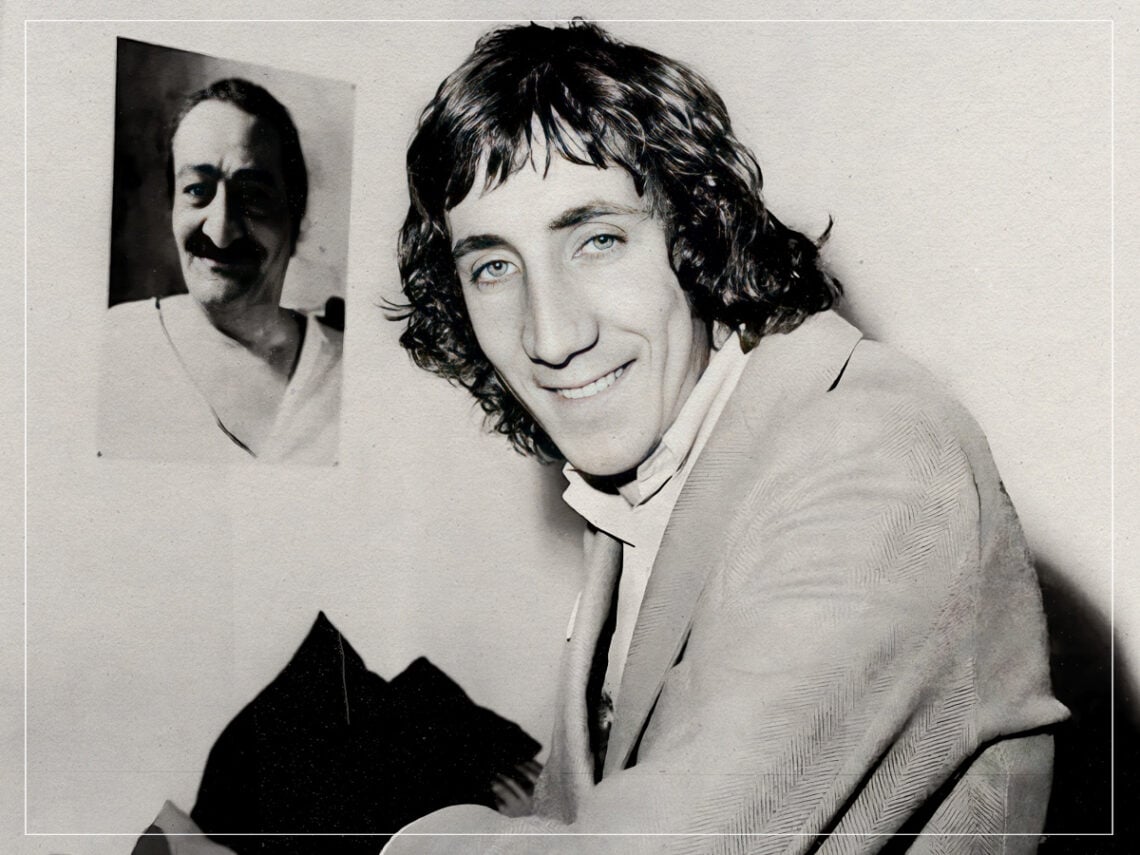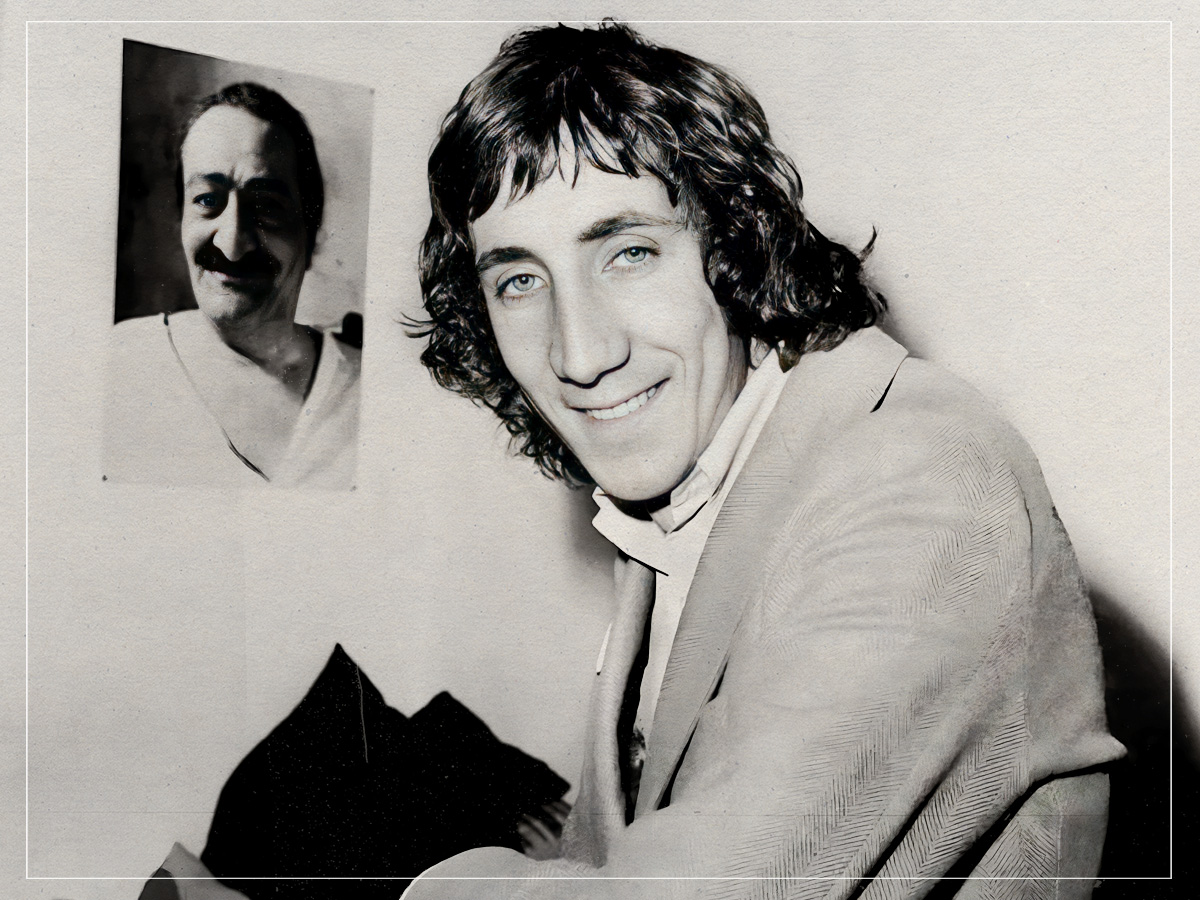
(Credits: Far Out / Alamy)
Sun 11 May 2025 14:30, UK
Pete Townshend understood from the very beginning that all music must find a way to change. No one could have stood around playing Chuck Berry songs until the sun burned out of the sky, and it was important for his work in The Who to always be pushing music forward instead of being in a rut where they keep playing the same song for hours on end in the hopes that people will still like it. And while Tommy marked the moment where Townshend went beyond traditional songwriting, he knew when some people could do what he did within a single song.
But despite being a part of the British invasion, Townshend had kicked that label by the time he got to his second record. The Who were a magnificent garage band for the first few years of their career, but as soon as Townshend started expanding his vision for what his music could be, he knew that there was no point in him staying in one lane and only playing the kind of music that would get the Mod crowd dancing.
After all, the entire rock scene was progressing by leaps and bounds by the time he got started, and when looking at what the other major figures in England were doing, a song like ‘My Generation’ wouldn’t cut it anymore. The Rolling Stones had moved on to bluesier material, The Yardbirds had shown everyone how heavy things could be, and the arrival of Jimi Hendrix practically left every other guitarist obsolete.
Even by the standards of rock and roll, The Beatles occupied a strange space by the end of the 1960s. They wouldn’t survive the decade intact after Paul McCartney announced that the band was ending, but the next step for someone like John Lennon was to open up his mind a little bit more. He had played rock and roll for years, and albums like Plastic Ono Band were when he realised what could be done when he followed his heart instead of his record collection.
Since everyone was left in shock after listening to tracks like ‘God’ and ‘Mother’, Lennon knew the next best thing was to bring some of that melody back into play, and when Imagine was released, everyone had a better idea of what he was talking about. He had an outlet for his pain, but by going in a melodic direction, he went from the traditional form of rock and roll to someone who could write songs about the human condition in a much broader way.
“I don’t think of ‘Imagine’ as a rock song. I think of it as a song by John Lennon, the poet. It came from rock culture because Lennon came from rock culture, but I think it was a tremendous departure.”
Pete Townshend
And while Townshend already had his forward-looking rock opera, he said that this was a massive turning point for where the genre was heading, saying, “I don’t think of ‘Imagine’ as a rock song. I think of it as a song by John Lennon, the poet. It came from rock culture because Lennon came from rock culture, but I think it was a tremendous departure. In fact, Lennon in the last 10 years of his life was struggling with the same dichotomy that I was struggling with: trying to get back to the simplicity of the form.”
Looking at Lennon’s last albums, it’s not like Townshend is lying. A lot of Double Fantasy filled Beatles fans with hope before Lennon was killed, but a lot of what he was doing was trying to inhabit those same ideals that everyone from Smokey Robinson to Buddy Holly were doing when he was a kid, even hamming up his Elvis Presley voice on ‘Just Like Starting Over’.
But the one thing Lennon had to remember was that his version of pure rock and roll had become a thing of the past for new fans. Many people can still draw inspiration from Chuck Berry or Buddy Holly, but that sense of excitement Lennon was trying to capture was what his music had done for millions of kids when ‘She Loves You’ and ‘Help!’ first came out.
Related Topics
Subscribe To The Far Out Newsletter
